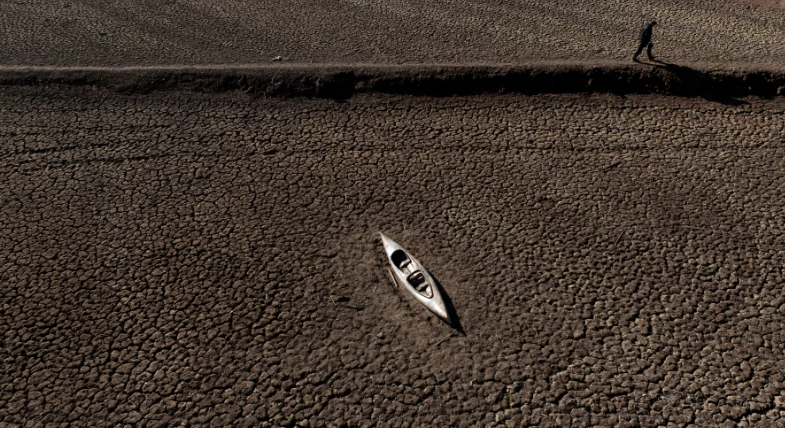To avoid importing crustaceans produced on the other side of the world, the company has recreated basins adapted for local shrimp farming. After launching a pilot site in the Nantes area, it will establish a new aquaculture farm in Seine-et-Marne.
Shrimp is one of the most popular seafoods among consumers — in fact, it’s the second most traded seafood product globally. In France, however, most of these crustaceans come from distant countries. With its locally designed production ponds, the Nantes-based start-up Lisaqua aims to relocalize the farming of tropical shrimp. Already operating its pilot facility in Saint-Herblain (Loire-Atlantique), the company recently announced a €9 million fundraising round to develop a new site in Monthyon (Seine-et-Marne) by 2026. This will become the first low-environmental-impact shrimp farm in France, according to a press release published on October 20. The expansion seeks to scale up a model initiated in 2018.
At the time, three co-founders joined forces around the idea of promoting localized and sustainable aquaculture. The inspiration came from Charlotte Schoelinck, now CEO of Lisaqua. After completing a PhD in marine biology, her research took her to Canada, where she discovered innovative aquaculture practices. She returned to France with the ambition to create a virtuous, local, and low-pollution shrimp farming system.
“Shrimp imported from the other side of the world has a major environmental footprint,”
explains Gabriel Boneu, co-founder and current president of Lisaqua.
The project took root in Nantes, a city known for innovation and maritime expertise. “We were all from Nantes — it’s an excellent place for innovation, and there are several shrimp experts in the region,” adds Boneu.
Over time, the start-up built a pilot farm in Saint-Herblain, which combines two activities: a hatchery — the only one of its kind in France — and a grow-out facility. The shrimp are born and raised there under closely monitored conditions.
“We’ve developed a new farming process that recreates a natural ecosystem with high-quality water in our tanks,”
explains Boneu.
Unlike imported shrimp, Lisaqua’s shrimp experience no transport stress, receive no antibiotics, and produce no harmful waste. “It’s a better shrimp because it’s fresher — there’s no industrial processing or cooking. It’s harvested, packaged within minutes, and on the fishmonger’s counter the next day.”
In contrast, imported shrimp may have been caught or harvested up to two years before reaching consumers.

“Democratizing an Exceptional Shrimp”
In the Nantes region, Lisaqua currently works with high-end partners, including Michelin-starred chefs. “For now, production volumes remain limited due to the pilot facility, so we’re positioned with rather premium clients,” explains Gabriel Boneu, noting that their shrimp cost 15 to 20% more than organic shrimp on the market. “The goal of scaling up industrially is to make an exceptional shrimp accessible to everyone,” he adds, aiming ultimately to offer a price comparable to that of organic shrimp.
At the upcoming Seine-et-Marne farm, near Meaux, around 100 tons of shrimp will be produced annually. “It’s a grow-out farm — the shrimp will be born in Saint-Herblain, then processed in Seine-et-Marne,” Boneu details.
To support this expansion, 16 new positions will be created, adding to the 38 employees already working for the company. Lisaqua also plans to expand the farm by 2030, potentially adding about 30 more jobs.
Other projects may follow, notably in the Liège region of Belgium. Alongside the Environmental and Solidarity Revolution Fund, supported by Crédit Mutuel Alliance Fédérale, a Belgian investor has joined the venture — with the idea of replicating the concept in northern Europe.
Ultimately, “the goal is to spread our technology widely,” concludes Gabriel Boneu, emphasizing the company’s commitment to preserving its environmental DNA.

Source: lefigaro




